Last updated on
Use these seven essential lawn care and maintenance tips to keep your lawn healthy during winter. Read on!
The cold winter season is here, and although your grass goes through a dormant phase, some caring and maintenance are still necessary.
There are different steps required, some are done during the fall to prepare the lawn in winter and have them beautifully green and lush in spring!
Here are seven winter lawn care tips on how to maintain your property during the cold winter months.
What's Inside
Fertilize Before the Cold Weather Sets In
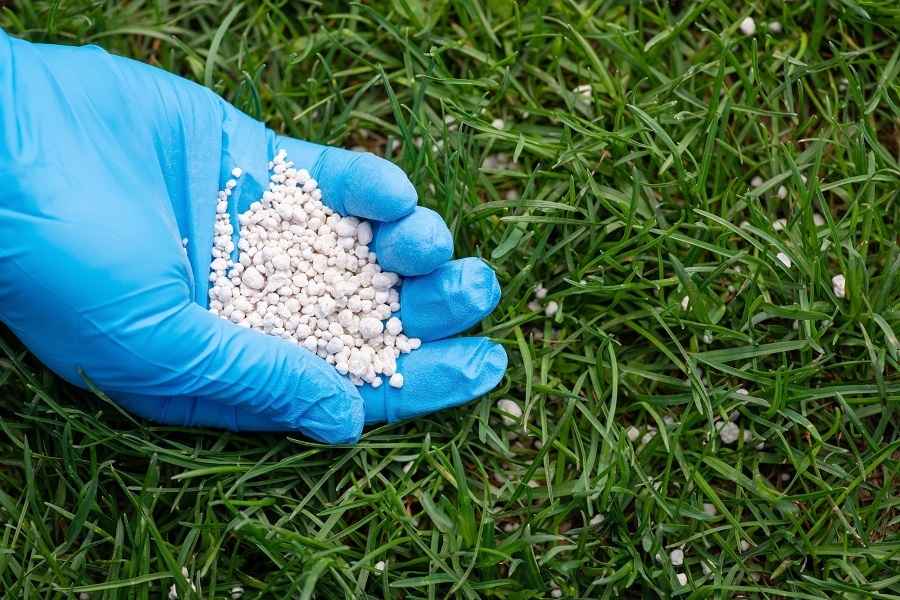
According to Heroes Lawn Care, essential to a healthy-looking lawn, even at dormancy, is to fertilize. Since the winter season brings snow deposits that might take up your yard, it is important to do this step beforehand.
Fertilizing before the cold season gives your grass the nutrients it needs to survive potential ice or frost damage, so make sure to do this about a month before the winter arrives.
If you find it challenging to choose which fertilizer best fits your type of grass, feel free to ask help from lawn professionals and have your lawn assessed to have this part checked on your winter lawn care list.
Water Your Lawn Regularly and Smartly
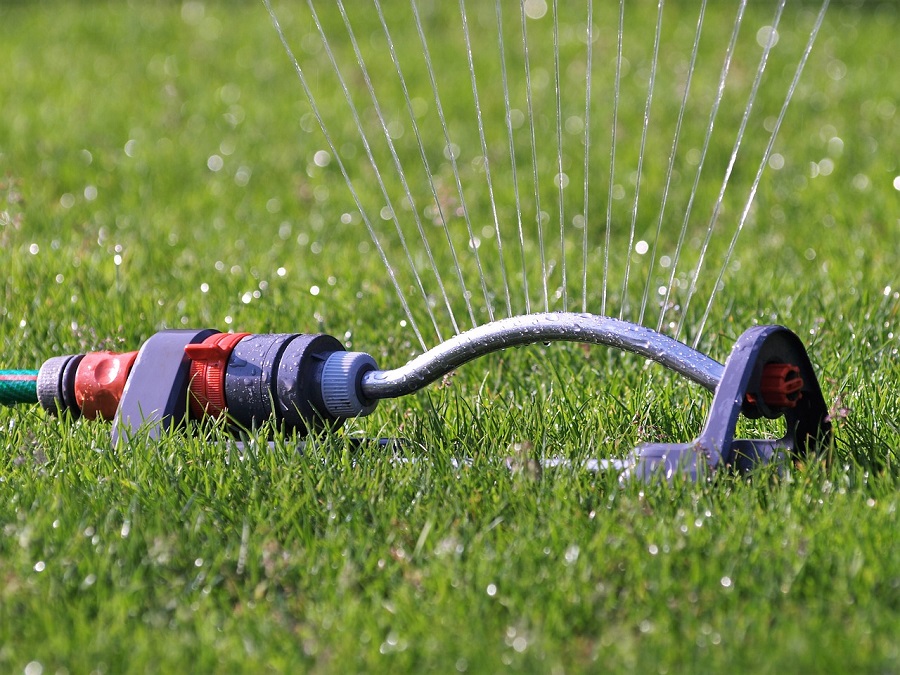
It is vital to keep your lawn regularly watered even before the cold months! This ensures that your grasses will be in their optimum health as they face the following harsh conditions.
And even though you tend to get more snow and rain in the winter, watering is still included in your winter lawn care.
This will help keep your grass hydrated and allow it to absorb vital nutrients from the soil. Occasional watering can still be beneficial for some species of grass.
The appropriate way to do so is by only providing a small amount of water every few weeks when there’s little or no snow cover or if temperatures remain above freezing point. Ensure not to overwater, as this can cause disease or fungus growth on your lawn.
Mow Your Lawn High
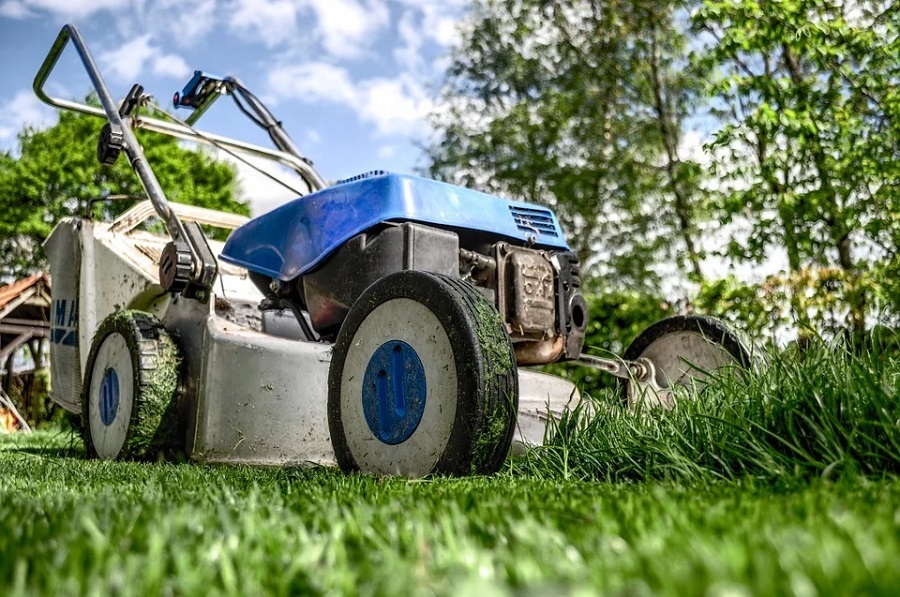
While high grasses seem a little bit bothersome for a few homeowners, it is vital to have them at a longer length during the cold season.
Grass tends to grow more slowly in the winter, so you should set your lawn mower to a higher setting. This will help protect your grass from frost and cold temperatures and prevent weeds from taking over.
Protect Your Grass with Mulch

If you are located in an area with extreme temperatures during the winter, it’s crucial to spread mulch around your grass.
This is another excellent winter lawn care tip to provide insulation and warmth for the roots of your grass, allowing them to stay healthy even when the temperature drops below freezing.
Aerate Before Winter and Lessen Foot Traffic
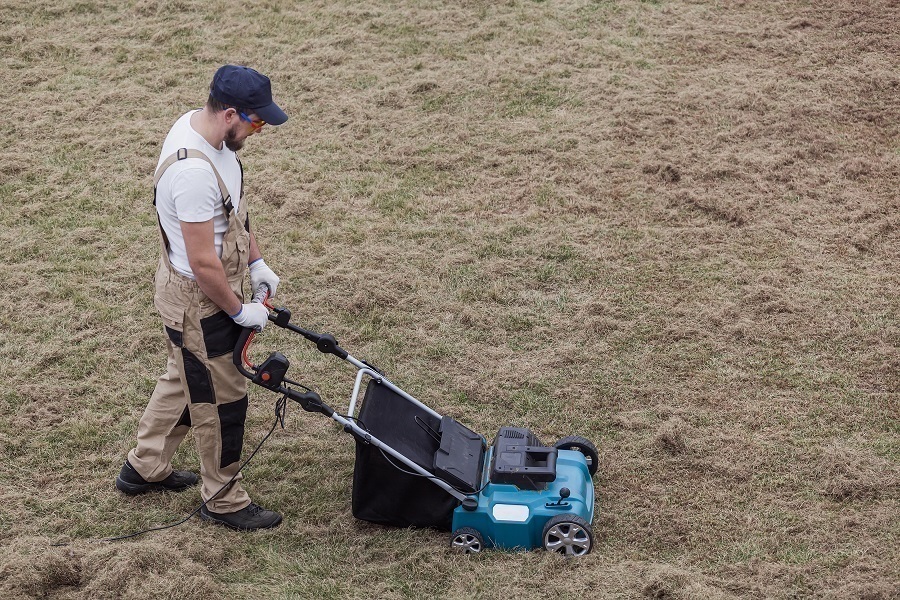
Fall is the best season you can walk or play along the grass on your lawn for family bonding. All of these cause the soil to become compacted or damaged, and you won’t want that same condition to cater to your lawn during winter!
While limiting foot traffic during the winter season is much of a help, you can also opt to aerate to break up this compacted soil and ease the suffocation of your grass.
You can poke or punch holes using a lawn aerator, and it should be done about a month before winter sets in. This will give the soil time to be ready for the cold weather. You can also create pathways that use gravel or stones to get around your yard without stressing your lawn.
Fix the Brown Patches
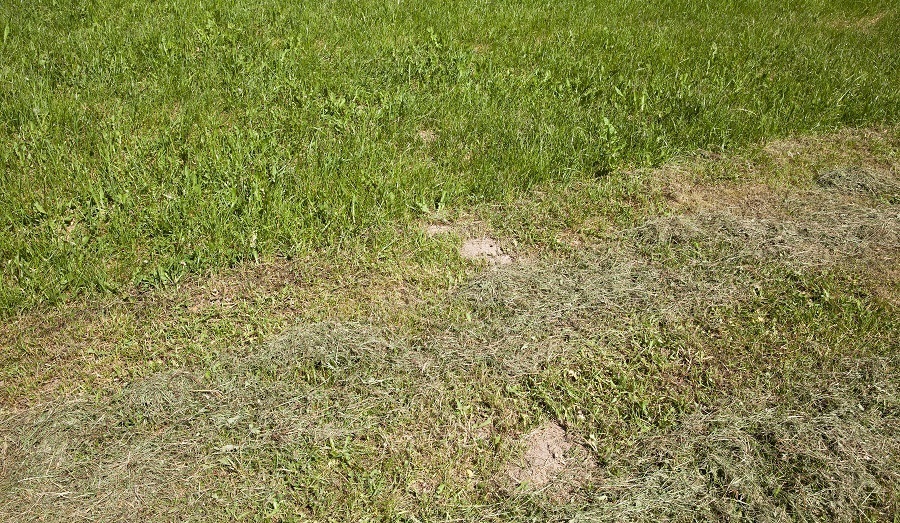
If you notice irregular brown patches in your yard, it is important to get rid of them as early as before winter. Diseases or fungi often cause brown patches and can spread to other parts of your lawn if left untreated.
To address this issue, you can use fungicide treatments that target the fungus causing the brown spots. The best time for this treatment is late summer or early fall so the grass has sufficient time to recover before the harsh cold season.
If brown patches appear as the winter season progresses, it’s most probably caused by pet urine, snow mold, or salt damage from deicing products. A call for help from professionals could be your single-step solution for this winter lawn care.
Keep Your Lawn Clean
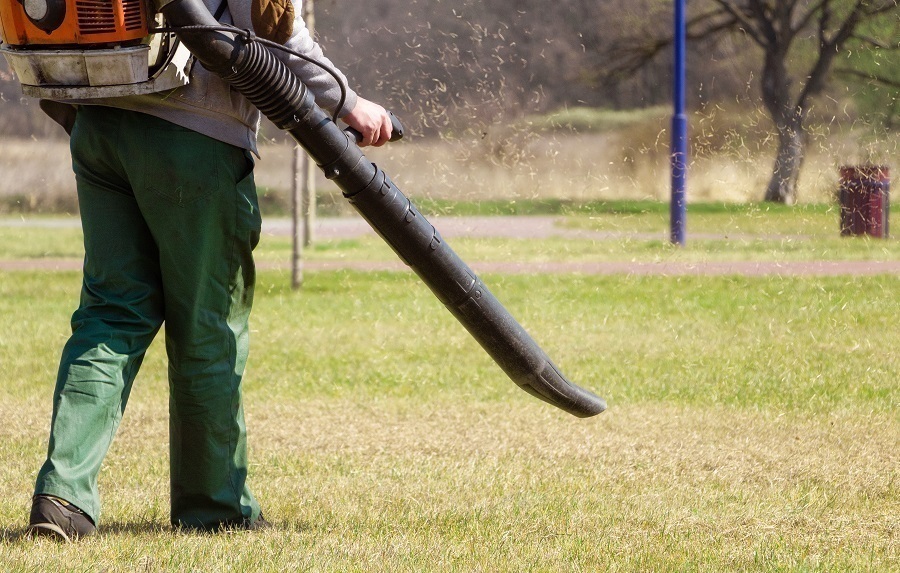
Another winter lawn care tip is to keep your lawn free from debris. Having your yard unmaintained can create an environment for growing pests and diseases.
Remove weeds to lessen nutrient competition for the grass. Twigs, branches, and leaves can also trap moisture which could grow fungi. If you have trees nearby, make sure to rake up any fallen leaves or limbs at least once a week during winter.
If you notice any signs of disease or fungus growing on your lawn, treat it with a fungicide as soon as possible. Doing this will help prevent these issues from worsening over time and keep your lawn healthy all winter.
These seven tips will help keep your lawn healthy and vibrant throughout winter. With a bit of care and attention, you can ensure that your lawn is the neighborhood’s star all year round.
So remember to take the time to protect your lawn this winter and get ready for lush green grass come springtime. Good luck and happy gardening!




